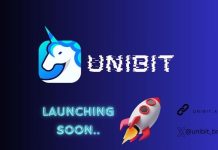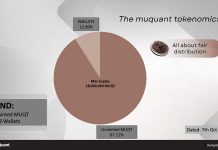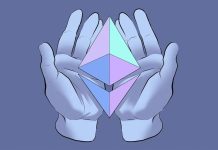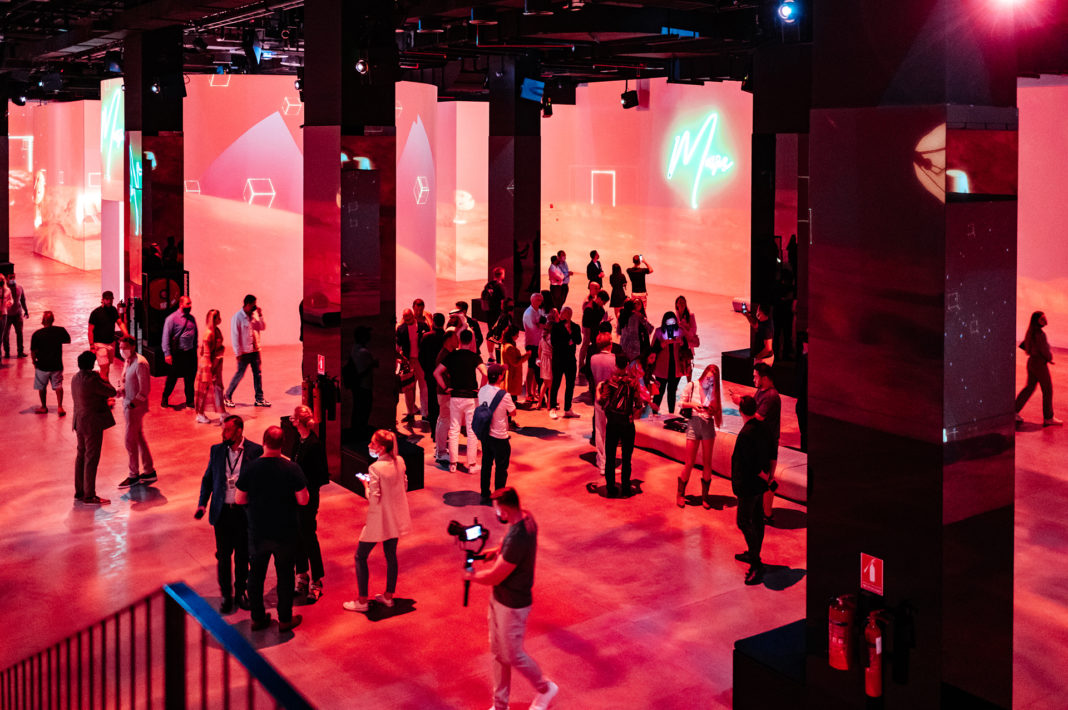At a time when the definition of “the metaverse” is often dumbed down to fit the broad parameters of a corporate marketing strategy, MetaMask founding architect Joel Dietz is building out the vision of a Web 3 purist.
The project, known as MetaMetaverse, has brought Dietz out of what he called “crypto retirement,” a yearslong period where he stepped away from the space after building the ConsenSys-owned Ethereum wallet as a part of its original development team.
Now he’s been lured back by the new ambitions of the space, and a concept of the metaverse that reminds him of the early days of building Web 3.
“It’s even a sense of personal responsibility, to be working on this,” Dietz told CoinDesk in an interview. “A lot of early Ethereum people had this very utopian vision for what the internet could be, and I don’t want to say they got distracted, but now with the metaverse it feels like we’ve gotten back to that.”
What makes Dietz’s metaverse a “meta” metaverse (not to be confused with Meta’s metaverse) is its focus on interoperability. The digital ecosystem allows users to build projects on its virtual land using several different game engines, including Blender and Unreal Engine 5, used by Epic Games to run “Fortnite.”
The MetaMetaverse also comes attached to its own layer 1 blockchain, boasting a new programming language called “metametalang” that allows users to build out metaverse ambitions of their own.
The future is cubes
Dietz’s metaverse itself is centered around a coordinate system that maps experiences within the platform’s many cubes, which users themselves can essentially own as virtual land.
Inside the cubes are more cubes, and within them, more cubes. It creates what Dietz calls “the Alice in Wonderland effect,” where space can be embedded inside itself, and users can shrink themselves to experience it.
The programming language can be used for “running games and simulations inside of [the cubes], and mapping parallel realities,” all in a natively cross-chain environment, according to a press release.
The platform itself is still in development, and the team has yet to announce its first public land sale for the initial “Mars” universe. Dietz envisions MetaMetaverse eventually functioning as a compliment to existing platforms like Decentraland and The Sandbox, ultimately being a less restrictive and more interoperable canvas for developers to build out projects of their own.
“I’m a geek, I need to work on things that are really interesting to me. And building a language for the future of the metaverse that can map all realities, including parallel realities, I’d say that’s pretty cool,” Dietz said. “And potentially very profitable as well.”
MetaMetaverse raised a $2 million seed round in December 2021 backed by Polygon Studios, DAO Maker and Ghaf Capital.


















